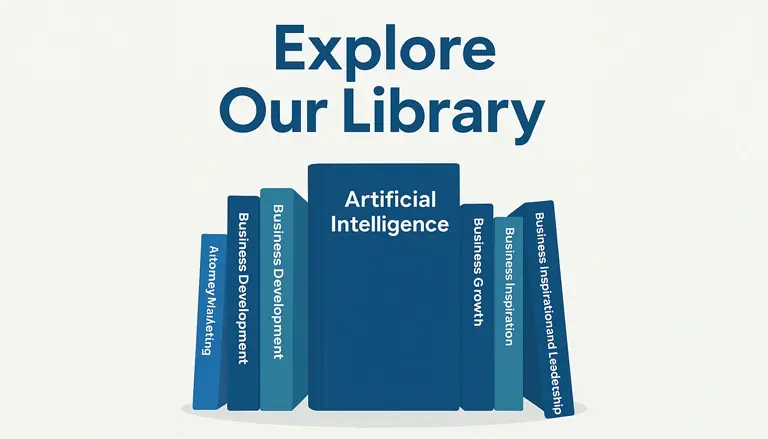

Can a Robot Be a Business Owner? Exploring AI in Business Operations
Posted May 13, 2024 by Kevin Chern
Can a Robot Be a Business Owner? Exploring AI in Business Operations
In the realm of business, the integration of Artificial Intelligence (AI) has been a game-changer, driving innovation and efficiency across various operations. As AI continues to evolve, a thought-provoking question arises: Can a robot be a business owner? This blog delves into the capabilities of AI in business, juxtaposed against the responsibilities of a single-member business owner, to explore the feasibility and implications of AI-driven business ownership.
AI Capabilities in Business Operations
AI technologies have made significant strides, influencing how businesses operate and compete in the digital era. The application of AI ranges from streamlining supply chain management to offering personalized customer experiences, demonstrating its transformative potential in business.
- Data-Driven Decision Making: AI excels in analyzing vast amounts of data to inform strategic decisions. Sjödin et al. (2021) highlight how AI capabilities enable business model innovation, particularly in manufacturing firms, through data pipeline management and algorithm development [Sjödin, Parida, Palmié, & Wincent, 2021].
- Supply Chain Optimization: Dogru and Keskin (2020) underscore AI’s impact on supply chain operations, enhancing efficiency and responsiveness through real-time data analysis and predictive modeling [Dogru & Keskin, 2020].
- Customer Service Automation: AI-powered chatbots and virtual assistants have revolutionized customer service, offering 24/7 support and personalized interactions, as discussed by Min (2010) in the context of AI applications in supply chain management [Min, 2010].
Challenges and Limitations
While AI’s capabilities are vast, certain limitations exist, particularly when comparing AI to human business owners.
- Emotional Intelligence: AI lacks the nuanced understanding of human emotions and cultural contexts, which are critical in building relationships and negotiating deals.
- Creative Problem-Solving: Although AI can analyze patterns and propose solutions based on data, it does not possess the innate creativity and intuition that human entrepreneurs often rely on to navigate complex challenges.
- Ethical and Legal Considerations: The concept of a robot as a business owner raises ethical and legal questions. Current legal frameworks are not equipped to recognize AI entities as business owners, posing significant challenges to the idea.
Case Studies: AI in Action
Several case studies illustrate AI’s potential and limitations in replicating or augmenting the roles of a single-member business owner.
- Manufacturing: In the manufacturing sector, AI-driven robots have taken over repetitive tasks with precision and efficiency, allowing human owners to focus on strategic planning and innovation.
- Retail: AI technologies in retail, such as inventory management systems and personalized recommendation engines, enhance operational efficiency but cannot replace the human touch in customer service and experience design.
Conclusion
The question of whether a robot can be a business owner is complex. AI’s capabilities in data analysis, supply chain management, and automation are transformative, yet the human qualities of creativity, empathy, and ethical judgment remain irreplaceable in business ownership. As AI continues to evolve, the future may see a collaborative model where AI and human business owners leverage their unique strengths for mutual success.
Exploring the integration of AI in business uncovers both exciting possibilities and significant challenges. While AI can significantly enhance operational efficiency and decision-making, the essence of business ownership encompasses more than what AI currently offers. The blend of AI’s analytical prowess with human creativity and ethical judgment seems to be the most promising path forward in the business landscape.
Tags:




